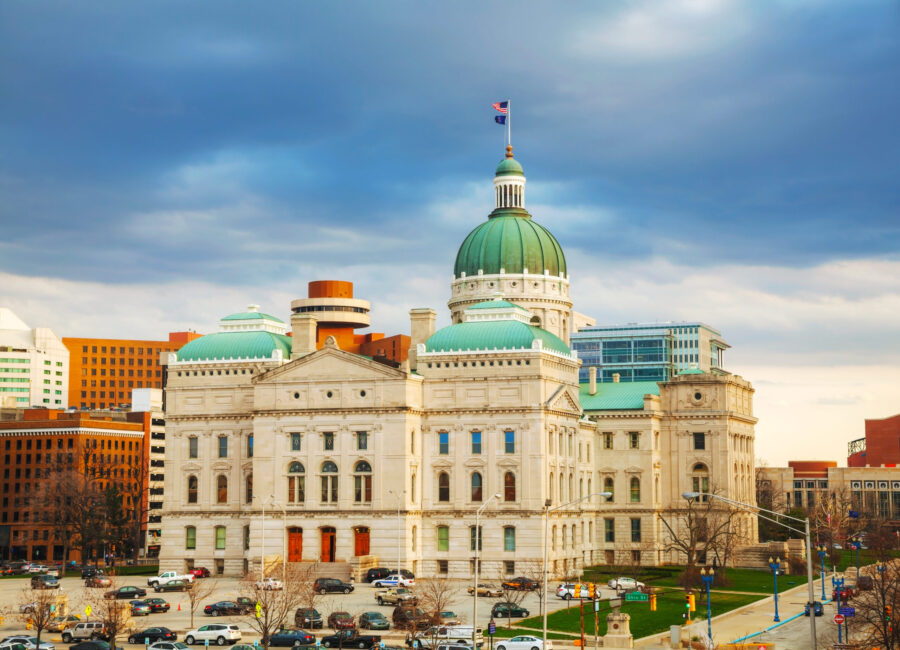Local Roads and Streets: Ensure adequate funding for local roads and streets based on actual use and commercial impact by:
- Supporting equitable funding for urban and suburban areas by accurately accounting for lane miles in the infrastructure funding formula;
- Providing maximum flexibility to local governments in financing, design and construction of local transportation infrastructure, including the use of Public-Private and Design-build Partnerships
- Explore adjustments to the current MVH/LRS funding formula places to mitigate the disproportionate cost burden for shared critical infrastructure to urbanized metropolitan areas.
Hoosier State Line: Reinstate state support to continue operations and enhance service of the Hoosier State Line to better facilitate connectivity and economic opportunity between Indianapolis, Northwest Indiana, and Chicago
Complete Streets: Pursue state transportation policies that encourage transportation planners and engineers to plan, design, operate and maintain the state’s road and street infrastructure that facilitates public use, physical activity, and support public health
Greenways: Support sustainable funding and equitable allocations of resources under the Next Level Trails grant program to ensure long-term funding of trail projects
Mass Transit: Maintain funding for the Public Mass Transportation Fund (PMTF) to account for post-pandemic increases in participation and demand of transit agencies throughout the state
- Incentives: Create state employer incentives for employee benefits for alternative modes of transportation, transit packages, workplace bike infrastructure or other modes of transportation that encourage healthier workforce
Shared & Personal Mobility: Capitalize on rapid advances in personal mobility and transportation by making new mobility options safe and accessible for Hoosiers, and positioning Indiana as a center of innovation for mobility solutions:
- Autonomous Vehicles: Advocate for regulatory changes to promote the development, testing and deployment of autonomous vehicles in Indiana
- Transparent Regulatory Framework: Beyond autonomous vehicles, develop a clear and predictable regulatory framework that applies to other mobility options, to avoid confusion and delays in integrating new products and services into our transportation system
- Emphasize equitable access to new mobility options: Work to eliminate barriers to individuals and communities taking advantage of mobility options, so personal mobility can also be a catalyst for upward mobility
- Create a truly comprehensive transportation strategy: Acknowledging that no single agency or organization can oversee the complex transportation system, bring together partners (state and local, public and private) to develop long-term, data-driven strategies that incorporate new and innovative mobility options and focus on critical transportation challenges
- Safety first: Evaluate traffic rules, street construction/configuration, and other modal regulations to ensure mobility options work together safely for pedestrians, riders, drivers, and other users
Water: Support the creation of a statewide coordinating body to ensure sustained economic opportunity through responsible management of water resources, as well as:
- Supporting the work of the Wastewater Task Force to drive federal and state resources towards needed upgrades in storm- and wastewater systems
- Prioritizing resources for land use planning and redevelopment along Indiana waterways, to capitalize on the environmentally-responsible economic development potential of these natural assets
Energy Efficiency: Secure state incentives for business and local government investments in energy-efficient commercial and industrial rehabilitation and fleet management

